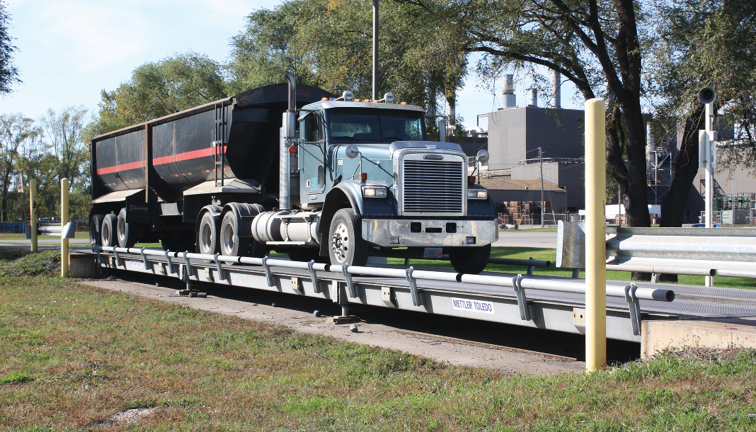
Logistics and transportation is always bound by time and efficiency, timely transit of goods are the most important for proper operation and profitability. Yet, there exists a less highlighted but profoundly significant aspect: the problem of truck overloading. Trucks are not only very unsafe, but they also have a huge impact on the roads and infrastructure. In this topic we are going to emphasize on the role and impact of Truck scales in the logistics and transportation industry. Truck scale plays a significant role in the prevention of overloading and its resulting issues, with the goal being safer roads and high-speed transit of merchandise.
The Challenge of Overloading
We need to understand the issue of overload before going into the benefits of truck scales. Overloaded trucks give rise to several issues, including:
Safety Perils: Bursting to a stop, loaded trucks are difficult to stop or regulate resulting in increased chances of an accident. Nightmare flashbacks include brake failure and limited mobility.
Infrastructure Wear and Tear: Overloaded trucks bear so much weight, leading to the rapid destruction of road and bridge structures. This causes too many expenses on maintenance and repairs.
Environmental Ramifications: Truck carrying large cargo consumes more fuel and releases a greater amount of pollutants that contribute towards environmental pollution.
Legal Quandaries: If any of the trucking companies’ vehicles break the set weight rules, heavy fines and legal entanglements will be incurred.
Truck Scales: The Solution
Overloading is addressed using truck scales which are also called weighbridge or weigh station. The weighing scales are located strategically along highways, major harbours, and distribution centres to offer accurate weighing data of trucks. Now, let's explore how they contribute to mitigating overloading and its attendant challenges:
Unerring Weight Evaluation: Concerning accuracy, truck scales provide precise weight and allow for monitoring truck load weights according to laws. Such precision works as the barrier against overflowing right from the start.
Regulation Enforcement: Vehicles that go beyond their weight limits can be intercepted and penalized; some may have to undergo stringent mechanical checks.
Optimized Cargo Distribution: Truck Scales allows trucking and logistics companies to distribute their cargo in a balanced manner, reducing excessive weight on certain axles. The other benefits are in giving stability to the car while minimising road wear.
Data Harvesting: Modern truck scales are equipped with technology to make the process of data collection automatic. Such information is very important in examining companies’ behaviour as it provides necessary input to governments and businesses for decision-making.
Operational Efficiency: The speed and accuracy with which truck weigh-ins take place at weigh stations help ease traffic flow. These advantages trickle down to the entire road users, except perhaps for other industries within the road transport sector.
Safety Augmentation: Truck scales greatly contribute to road safety by averting overloading. With light loads, one can improve on their control and brakes, thus reducing the chances of accidents.
Truck scales play a critical role in reducing overloading and its related problems. This is a practical and “efficient” solution to an emergency situation that affects road safety, infrastructure integrity, and environmental preservation. Truck scales, which tend to promote safer roads and sustainable transport of the cargo by ensuring adherence to truck loading regulations and proper distribution. With the continuing advancement in technology, it is only set to grow even more sensitive for the use of truck scales within logistics & transportation industry witnessing the delivery of goods safely and efficiently as well as mitigating against impacts overloading.
